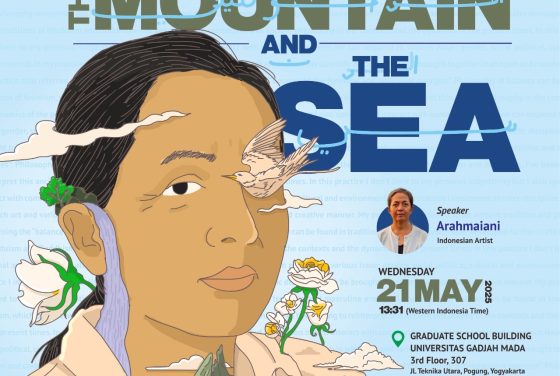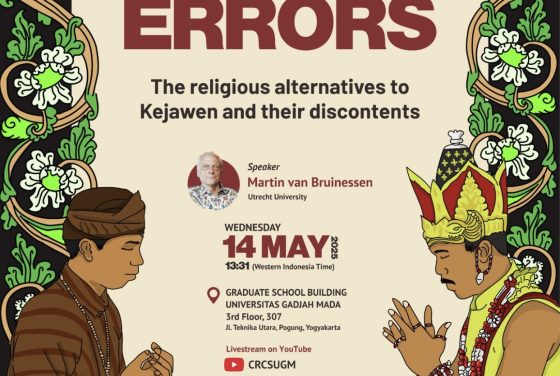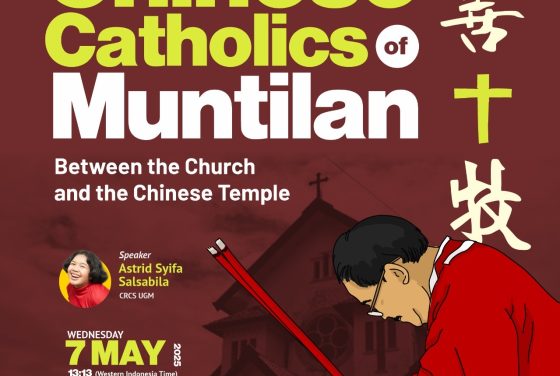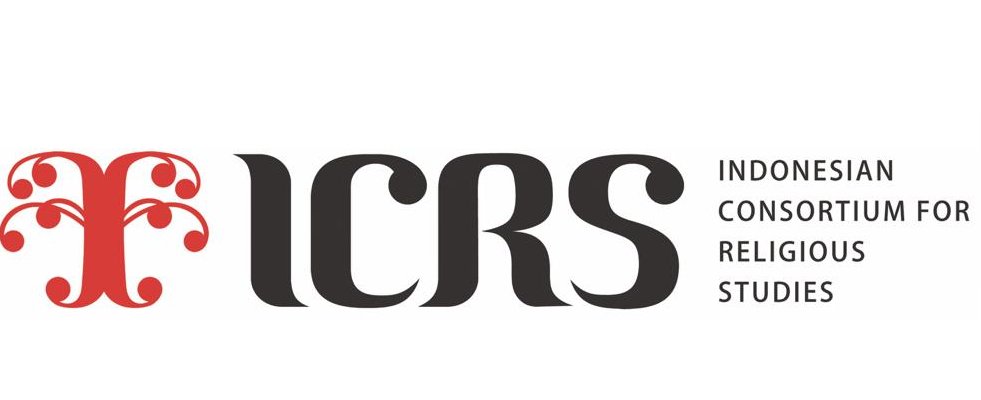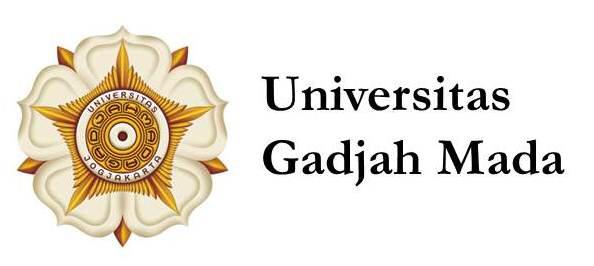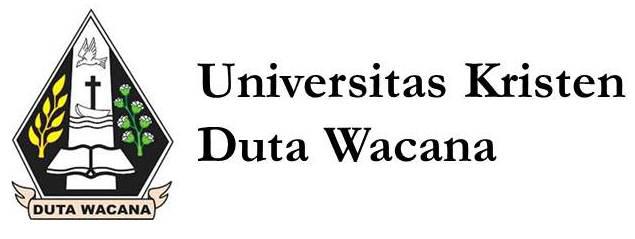News
IRS Study Program Strengthens Global Collaboration at The International Conference on Cohesive Societies (ICCS) 2025
11 July 2025
The Doctoral Program in Inter-Religious Studies (IRS), Graduate School of Universitas Gadjah Mada (UGM), demonstrated its active participation in the prestigious international forum, The International Conference on Cohesive Societies (ICCS) 2025. The conference was organized by the S. Rajaratnam School ...
Digital Pharmakon: Technofeudalism and the Crisis of Indigenous Epistemologies in the Global South
11 July 2025
Fuji Riang Prastowo A parallel session at the Unconference on Polarization and Its Discontents in the Global South, titled “A Discussion Forum on Digital Inclusion and Its Connection to Friction and Polarization in the Digital Landscape,” moved beyond academic discourse. ...
Living Between Mountain and Sea: Spirituality, Community and Art Collaboration for a Sustainable Future
11 July 2025
Anthon Jason Humans are creatures that live between the mountains and the sea. However, humans are not the only inhabitants of this liminal space. Between the mountains and the sea, humans live by absorbing, taking, and often destroying what is ...
Muhammad Rhaka Katresna In June 2025, an extraordinary event unfolded simultaneously in Yogyakarta, Indonesia, and Utrecht, Netherlands: the NICMCR Pokja's Joint Research Kick-Off Programme. Under the evocative theme, "Decolonising Knowledge: Rethinking Research in Gender, Ecology, and Education," this gathering marked ...





